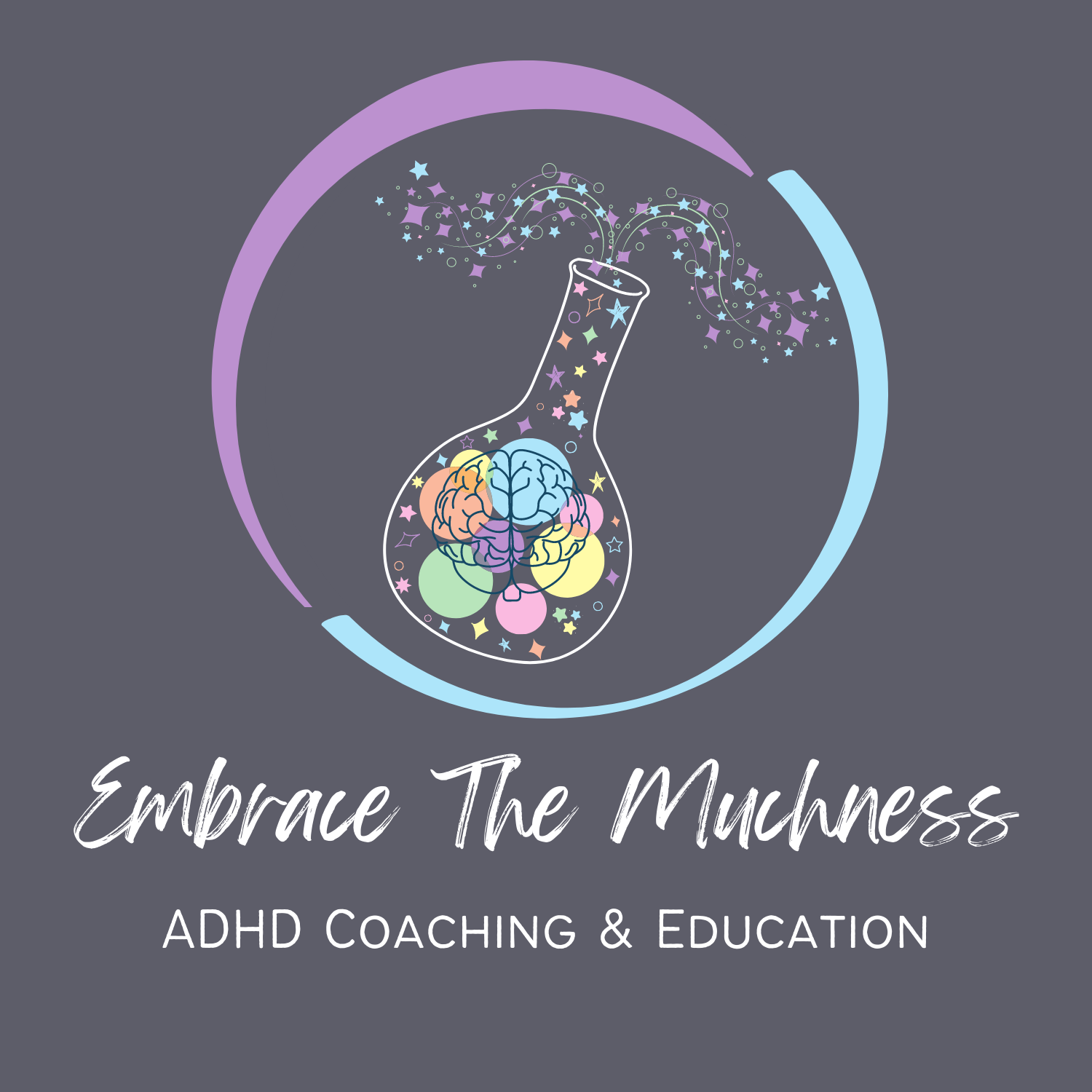My Top 10 Tech Tools to Support ADHD and Executive Functioning
If you’re looking for tools to help with ADHD, technology can be a powerful support—especially when it comes to common executive functioning challenges like memory, time management, organization, and task initiation.
One of the biggest struggles for adults with ADHD is working memory—remembering what you’re doing, what needs to be done, and when. Over the years, I’ve discovered a variety of ADHD-friendly tech tools that help me stay on track, reduce overwhelm, and free up mental energy.
Below, I’m sharing my personal Top 10 ADHD tech tools that support executive functioning in real life. Whether you’re new to using tech or already use several apps, there may be a new idea or tip here for you.
Using Technology to Accommodate Neurodivergent Needs
Neurodivergent individuals face unique challenges in an ableist world that assumes everyone operates on the same “human operating system.” Just as different computers run on varied operating systems—like Windows, macOS, or Linux—humans have distinct neurotypes that affect how they think, communicate, and interact with the world. While most computers are ultimately capable of similar tasks, each type has unique features and programming language requirements. Similarly, humans share basic functions like thinking and connecting with others, though the expression of these functions varies widely.
Body Doubling: A Strategy for ADHD Task Completion
For individuals with ADHD, completing tasks—especially the ones we struggle with the most—can often feel like an uphill battle. Whether it’s getting started on a work project, studying for a test, writing, paying your bills, doing the dishes, or meal planning for the week, the difficulty in sustaining focus can feel overwhelming. Enter body doubling, a simple yet effective strategy where you work alongside another person for accountability and to increase focus.
Strategies for ADHD: Using a Researcher Mindset
When folks are wanting to work on improving ADHD executive functioning skills, I’ve recently realized just how much my approach to making those changes can be compared to an analogy of conducting a research project. In research, you start by identifying a question or problem you want to explore, and the same applies to improving your executive functioning.
Navigating Transitions with ADHD
Transitions, whether big or small, can be particularly challenging for both children and adults with ADHD. From starting a new school year to dealing with last-minute changes in your day, these shifts can disrupt your focus, organization, plan and overall sense of stability. With the right strategies, you can navigate these changes with a bit more ease. Let’s explore how to manage both major life transitions and everyday disruptions.
How to Unclutter Your Mind with a Brain Dump
Having an ADHD brain can feel like your thoughts and mental to do lists are tangled balls of yarn. Some of the thoughts/tasks are from the same ball of yarn, connected in some way, but tangled up in knots and it feels hard to pull them apart. Sometimes there’s other strings of yarn mixed in there, but it feels like it’s all jumbled up together and really hard to unravel.
One strategy that can be helpful when feeling this way is to do a “brain dump”. What’s a brain dump you ask? Think of it as a mental decluttering process where you take all the thoughts, tasks, and ideas swirling around in your head and transfer them onto paper or a digital device. It's a way to take all of those tangled strings of yarn and roll them back up neatly.
Supporting ADHDers with External Processing in the Workplace
Differences in how individuals process and communicate information can pose challenges in the workplace. There are internal and external processors. Individuals with ADHD often struggle with executive functioning skills such as memory, planning, organization, and prioritization. These challenges extend to processing information and ideas, making it essential to understand and accommodate their preferred communication styles in the workplace.
Learn tips to support ADHDers with external processing in the workplace
Using a Google Home Hub to Support ADHD
A few years ago we decided to purchase a Google Home Hub and put it in our kitchen. It has been one of the most helpful tools for managing some of the difficulties ADHD brings for me. There are other brands and variations of these types of devices, I’m not suggesting Google is better than other brands, it’s just the one I have experience with.
An Introduction to ADHD and Sleep
The majority of individuals with ADHD report some type of difficulty with sleep. The relationship between ADHD and sleep is complex and is multidirectional, meaning sleep issues can impact the intensity of ADHD traits and ADHD traits can impact sleep.
Let’s review some common sleep issues related to ADHD:
Delayed Circadian Rhythms, Revenge Bedtime Procrastination, Sleep Disorders that Co-Occur with ADHD, Role of stimulant medication, sleep issues that mimic ADHD.
Guide to Finding a Neurodiversity-Affirming Provider
The neurodiversity movement has gained substantial traction in recent years. As more neurodivergent individuals are becoming aware of and are drawn to the neurodiversity paradigm, they are wanting to seek out providers that understand and practice from a neurodiversity affirming approach.
As an example, ADHD is one neurotype of many that fall under the neurodivergent umbrella. ADHDers struggle with being able to think, communicate, and process information in neuronormative ways. Consistently not being able to meet these ascribed social norms can lead to shame, low self esteem, loss of sense of self, people pleasing, isolation, loneliness and more. Having support professionals who understand and can validate the ADHDer's lived experiences can be invaluable.
What is neurodiversity?
Learn more about the term neurodiversity and what it means. Sign up to receive a free ADHD/Neurodiversity Glossary of terms!











